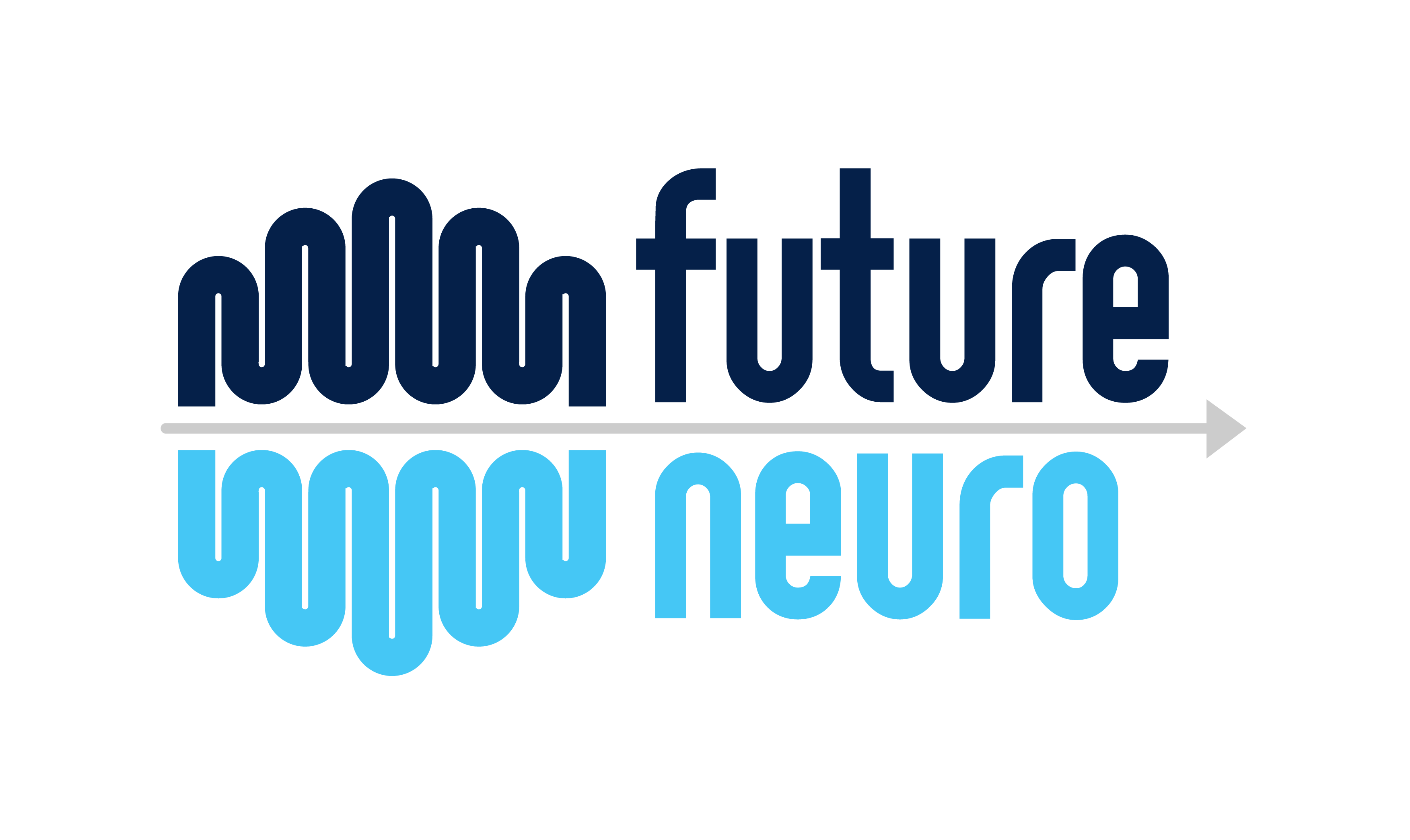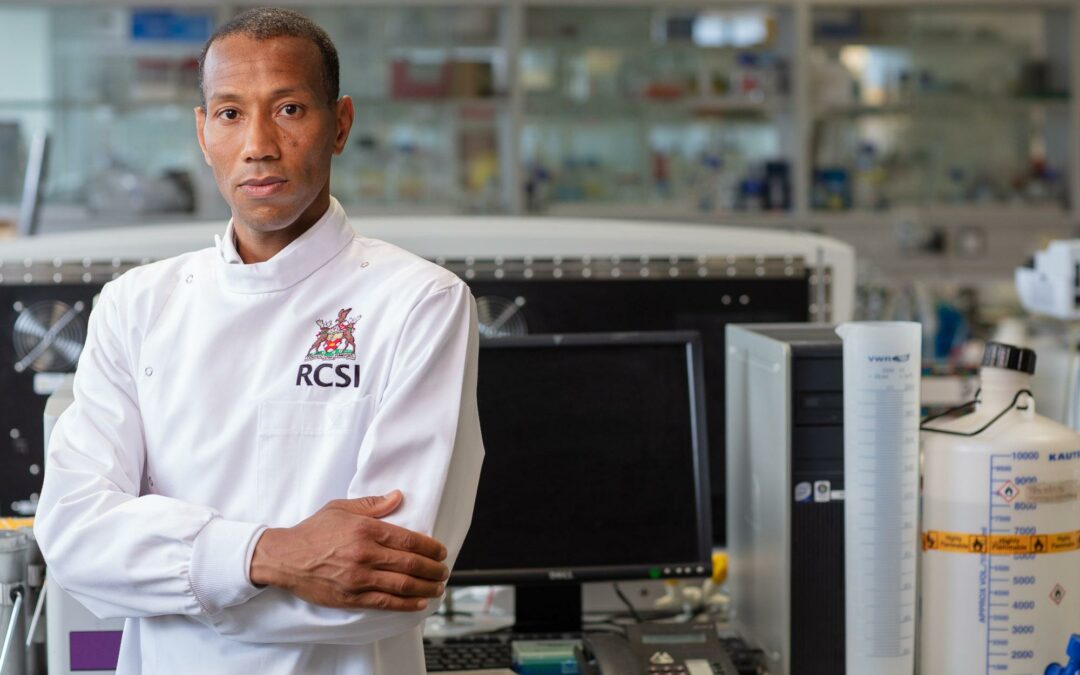Dr Omar Mamad, PhD Research Fellow and Honorary Lecturer at RCSI (Leading the project on CDKL5 Deficiency Disorder (CDD) working toward finding a cure at Futureneuro Research Centre, RCSI).
Tell us about you and how did you become interested in Neuroscience,
My name is Omar Mamad, I was born and grew up in Morocco but am now jointly Moroccan- Irish. My interest in neuroscience started during my Master’s degree but really took off when I moved to France (Bordeaux) to undertake a PhD in the laboratory of Dr. Benazzouz Abdelhamid. Dr Abdelhamid is one of the pioneers of deep brain stimulation, a technique that has been shown to treat a number of brain disorders including Parkinson’s disease. My research looked at how dopamine, the key signaling molecule lost in Parkinson’s disease, controlled body movement in rats. This gave me a deep understanding of the circuitry in the brain and further inspired me to apply that knowledge toward improving treatment or finding a cure. But, as most scientists will agree, learning new skills is essential and requires travel and training in other laboratories. After my PhD, I moved to Ireland, where I worked with Dr. Marian Tsanov at Trinity College Dublin (TCD). There I learned new ways to record from the brain and how brain circuits can be controlled. I also took on a role in a campus-based spin-out company called Transpharmation, which provides services to companies looking to develop new medicines.
How did you become interested in the rare brain disorder CDD:
I can remember the exact date. It was one week after I started my new job at TCD. I attended a family Forum in Edinburgh about CDD. I was struck by the needs but also the warmth of the welcome from families of those with CDD. They were so happy to see a new person take an interest in their condition. I could immediately sense the community that surrounded them which included clinicians, funders and other scientists with a range of expertise. I have never experienced such an atmosphere at a scientific meeting. This motivated me to see what I could bring to the challenge of CDD. I set myself the target of helping in whatever way I could, to find a cure for this devastating disease.
You have moved to RCSI for a new job just 9 months after you started your work on CDD. How did you manage to keep your CDD work going?
I’ve been fortunate that the laboratory and Futureneuro Research Centre I now work in, is focused on rare neurological disorders and maintains an open approach to innovation. Although I had another “day job” I have been able to develop my ideas with the support of Professor Henshall and the FN Team. I am now able to integrate these into the overall research strategy of the Centre.
In addition I kept my contact with the CDKL5 Alliance and continue to attend their meetings. Being part of the CDD community is just great.
What was the next step and challenged you faced
The biggest challenge is getting funding for research. Rare diseases are often overlooked because the voices of these communities cannot be heard, regardless of the actual burden of the disease. But, you learn early on in science that you must be patient and persistent. After several attempts, I was successful with some awards from CDD charities and I have now established what I need to pursue a full programme of research on CDD.
I am committed to communicating research and have been involved in multiple education and outreach events, offering my mentorship to scientists at the beginning of their careers and for many students at different stages of their research. I hope to assist and inspire more young researchers as my career continues. I believe that my extensive academic and industry experience, my breadth of research skills, my ability to attract research funding combined with my vision for quality Public Patient Engagement, are fundamental to my success as I begin my own laboratory.
The funding I received from Hope4Harper, the US based not for profit CDKL5 organization, will greatly aid me in achieving my professional goals of running my own research team and advancing discoveries that will have an impact on the lives of patients, their families and the health professionals who care for them.


